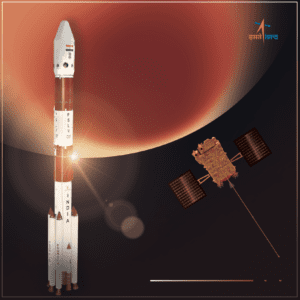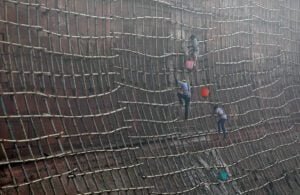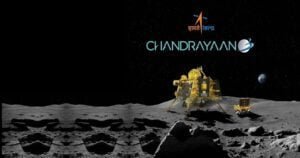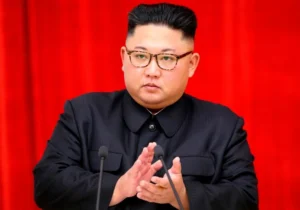At the heart of the secretive and enigmatic nation of North Korea stands the Supreme Leader, a figure who wields an astonishing level of authority over every facet of the country’s governance. To truly grasp the significance of this title, let’s delve into the roles and responsibilities that come with being North Korea’s Supreme Leader.

Imagine being the individual at the very helm of the nation’s destiny, with a resounding voice that shapes policy and determines the course of action. In North Korea, the Supreme Leader is precisely that – the foremost decision-maker. From the grandest diplomatic matters to the minutiae of everyday governance, their word is the ultimate decree.
This remarkable leader is not only the architect of domestic affairs but also the commander of the nation’s armed forces. Picture the ability to exert direct control over military operations, both within the borders and beyond. It’s a position of immense power and influence, shaping North Korea’s stance on the global stage.
Yet, the role doesn’t stop there. The Supreme Leader is also the head of the Workers’ Party of Korea, a position that translates into the ability to steer the nation’s political landscape. In a country where the Workers’ Party is the sole political entity, this places the Supreme Leader at the nucleus of political life.
As if these roles weren’t weighty enough, the Supreme Leader also chairs the State Affairs Commission, a body that oversees the most vital aspects of North Korea’s functioning – its economy, foreign interactions, and national security. It’s akin to being the conductor of a symphony that orchestrates the nation’s complex composition.

This remarkable authority encompasses the power to enact laws, handpick government officials, and even control media narratives. It’s a level of control that is unparalleled, with no checks or balances to temper its reach.
At present, Kim Jong-un is the embodiment of this influential role, serving as the third Supreme Leader. His journey to this position, from his upbringing in Switzerland to assuming the mantle of leadership, is as intriguing as it is complex. Born in 1984 to Kim Jong-il and Ko Yong-hui, he was groomed meticulously to carry forward the legacy of his family.
However, like any figure of such magnitude, Kim Jong-un is not without controversy. His name has been linked to accusations of human rights violations, nuclear ambitions, and unsettling the peace on the Korean Peninsula. Yet, there are those who see a different side, who appreciate his firm leadership and dedication to North Korea’s sovereignty.
The path ahead for North Korea remains uncertain under Kim Jong-un’s leadership. As a youthful and relatively inexperienced leader, the challenges are immense. His decisions will shape not only the nation’s future but also its people’s well-being. The question looms: Can he strike the balance between stability and progress, ushering North Korea into a new era while upholding its distinct identity?
In this narrative, the Supreme Leader emerges as a figure both captivating and perplexing, with the weight of a nation resting upon their shoulders. As the world watches, only time will reveal the legacy that Kim Jong-un, and the position he holds, will leave behind.












